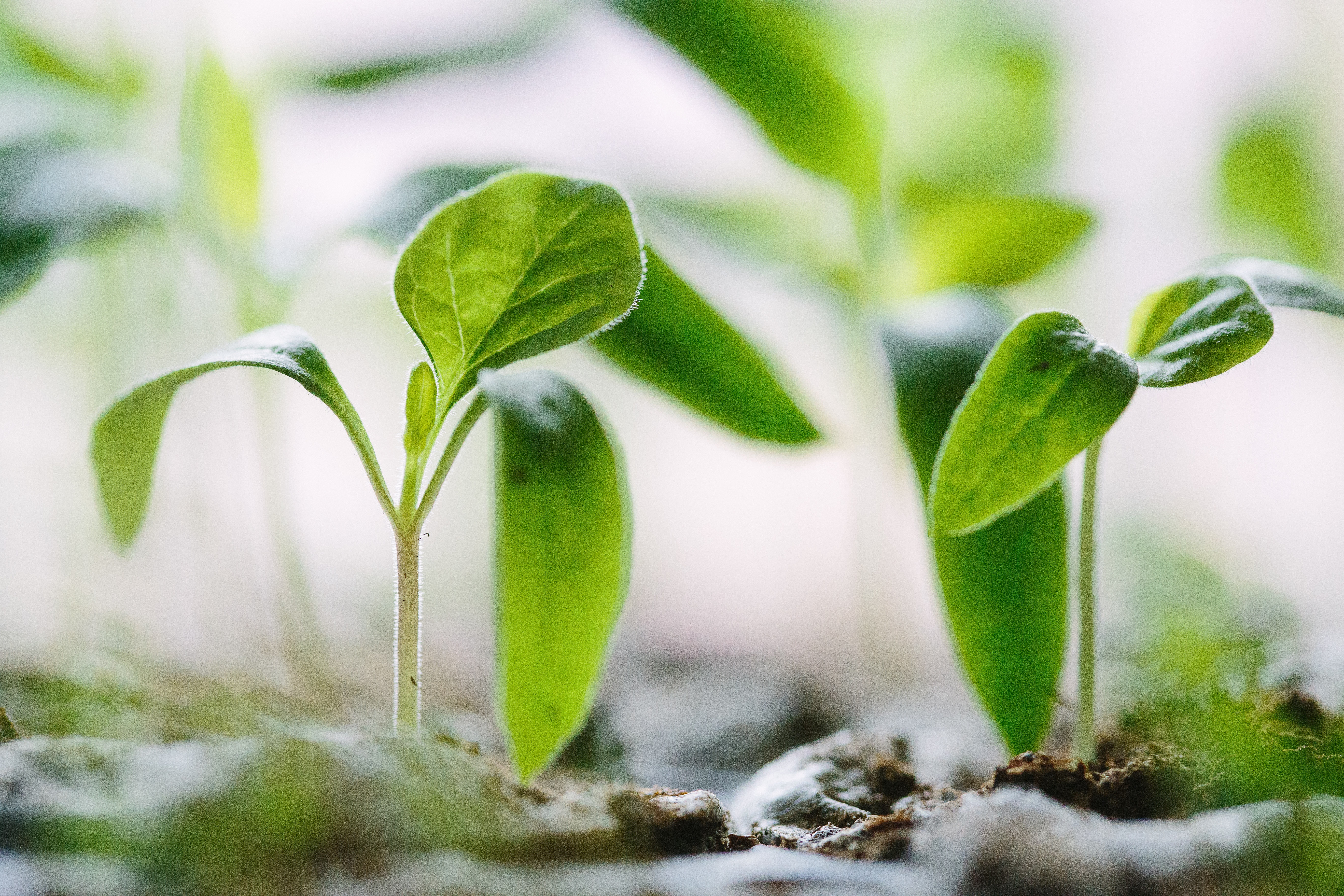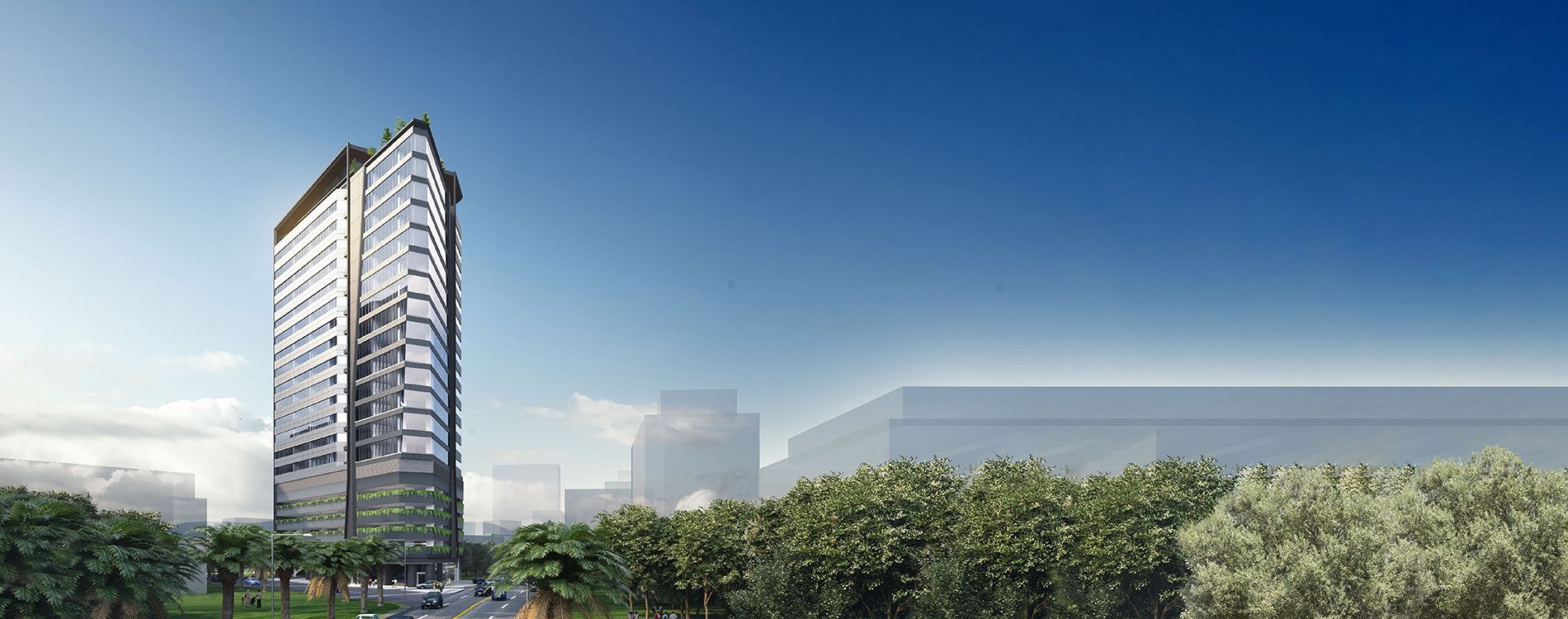The COVID-19 pandemic has further amplified the call for sustainability across industries in the world. As countries begin to recognize the importance of addressing health and safety concerns in a holistic approach, green and sustainable features become a standard in real estate developments, especially in the Philippines.
As a developing country in Southeast Asia, the Philippines is susceptible to the impending effects of global warming and climate change. The ever increasing demand for energy and power also contributes to the continuous burning of fossil fuels, which is not only detrimental to the environment but could also lead to health implications in the long run.
Here are a few reasons why the right time for renewable energy in the Philippines is now:
Much needed Economic Boost
Long periods of lockdowns and the global economic recession significantly put a dent in the local economy of the Philippines. Investing in renewable energy can provide a much-needed economic boost and overcome fears of a U-shaped recovery. According to the World Economic Forum, citing numbers from the International Renewable Energy Agency (IRENA), every dollar invested in the clean energy transition provides 3-8 times the return.
More Employment Opportunities
The widespread adoption of renewable energy creates employment opportunities up and down the supply chain. As of 2018, the renewable energy sector has already employed 11 million people worldwide. According to a May 2020 report released by McKinsey, international government spending on energy efficiency efforts creates 3 times more jobs than allocating budget for fossil fuel production.
Lower Health Risks
Renewable energy reduces health risks since higher production of fossil fuels increases air pollution and increases the chances of respiratory issues, which is more crucial because of the COVID-19 pandemic.
Solar power is a clean and renewable energy that does not contribute to the creation of carbon emissions in the world, effectively reducing air pollution. By using solar power instead of the municipal power supply, businesses that are located in solar-powered establishments limit the production of greenhouse that also contributes to common health problems such as asthma.
RELATED: Benefits of Solar Energy in the Office
Improved Energy Resilience
With a consistent and growing demand for energy and power, electricity grids and systems remain overworked in the Philippines. In turn, these only produce erratic electrical supply in some parts of the country, especially in remote areas. Renewable and clean energy sources are more sustainable sources of power, providing access for all while reducing electricity costs for consumers.
Additionally, renewable energy can provide electricity access for commercial buildings that utilize solar panels to reduce its dependency on the local power grid. Stored solar energy can help in guaranteeing a 100% uptime and providing a more reliable backup power to sustain business operations in case of a power blackout.
READ MORE: Sustainable Developments: Benefits and Why More Businesses are Choosing to be Green
JEG Development Corporation advocates for sustainability and the use of renewable energy in the Philippines. JEG Tower @ One Acacia is the first commercial development in Cebu to use solar energy to operationalize the 22-storey premium green building.
Named as 2020’s Best Green Commercial Development in the Philippines, JEG Tower is designed towards sustainability and operates to reduce negative impacts to the environment and provide a safe and healthy working environment.
Interested in leasing an office in this premium green office space? Contact Gerold Fernando at (+63) 917-565-3547 or send an email to jegtower@kmcmaggroup.com to schedule a viewing.







